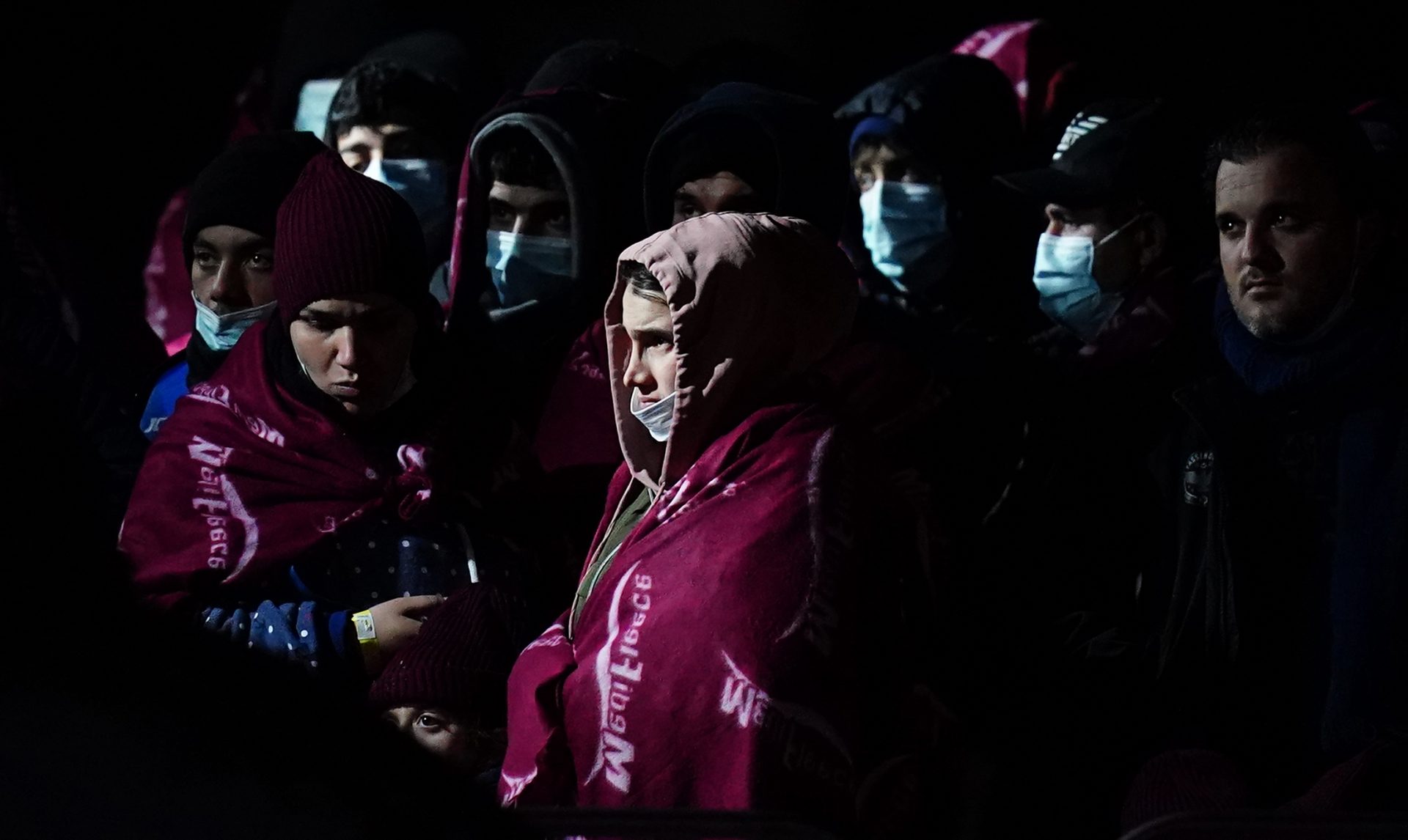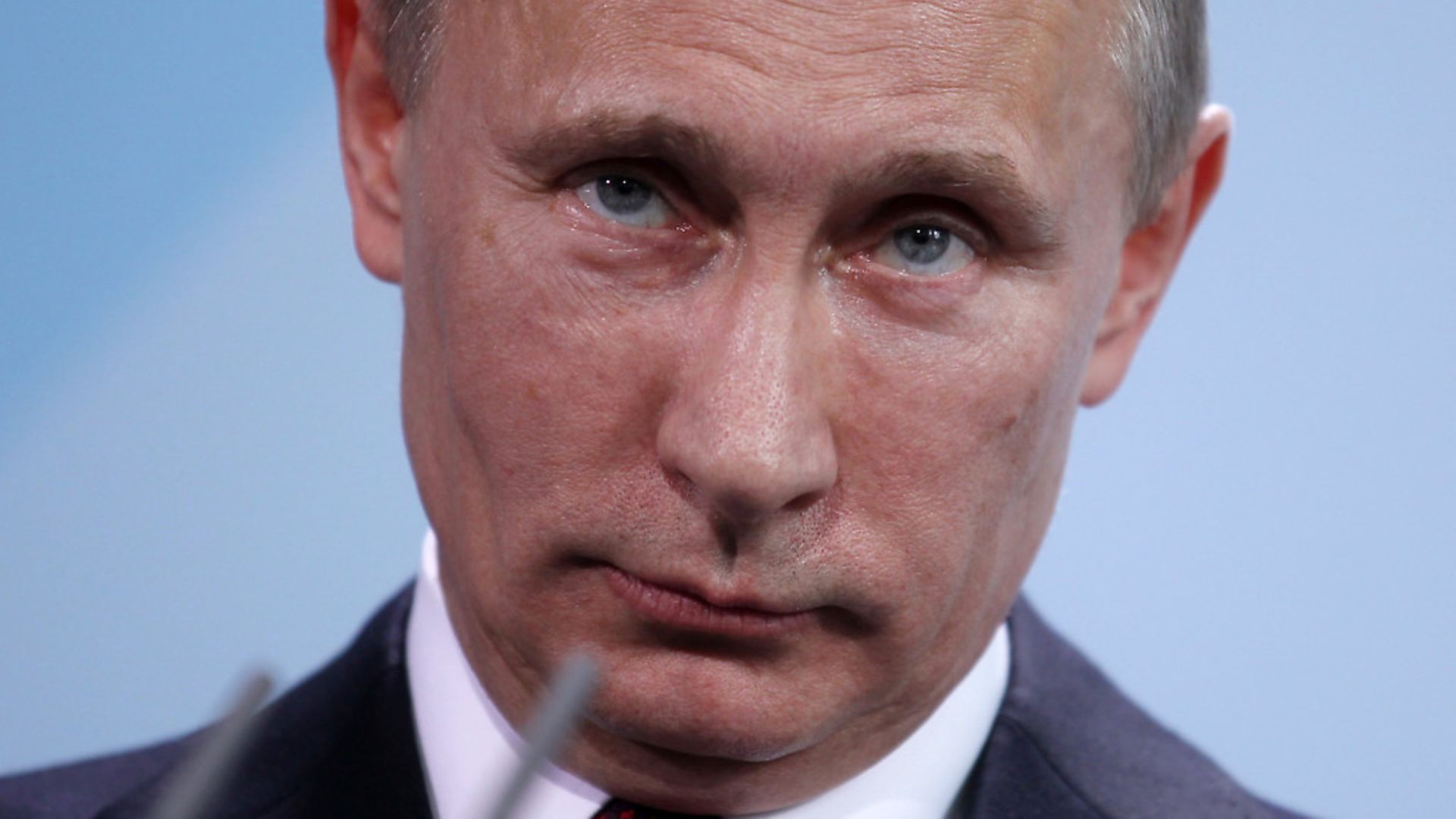In the first weeks of this year, well over 400 people have crossed the English Channel from France in small boats. Some were suffering from hypothermia when rescued in sub-zero conditions. Some were young children. As I write this a young man has just drowned there. One of many.
While Britain has focused on Boris Johnson’s attempts to deny that parties in Downing Street were parties, and on the royal family’s damage limitation in relation to Prince Andrew’s titles, desperate people have been risking their lives in cold and dangerous waters. In the absence of safe routes to asylum, and with their lives made almost unbearable in France, they have few choices left to them. And yet the government seems set on making their lives worse, and on scoring political points with xenophobe supporters in the process.
It’s even possible that Priti Patel’s plan to use the Border Force or even the navy to push back small boats to France will move from rhetoric to reality. Images of overcrowded boats being forced to turn round would play well with those who bay for tougher action against foreigners (foreigners who want to come to the UK to start new lives and to contribute to society).
Pushing boats back, regardless of whether they are stable, or have enough fuel, is a reckless act that could put many lives at risk. And if anything is done to stop RNLI lifeboats rescuing people at risk of capsizing and drowning, the situation could get a lot more dangerous. Most discussion of this has focused on its possible illegality since it seems to contravene international maritime law. But, regardless of whether Patel’s plans are legal, this is an immoral policy. If ever implemented it would cause deaths, but even if it didn’t it would be both cruel and vicious. It shows no compassion for its helpless victims, no sense of common humanity or concern. For “get tough” read “get inhumane”.
The Stoic philosopher Hierocles, writing in the 2nd century BCE, had some wise things to say about our attitudes to one another. Little of his work survives, but there is an important fragment in which he explains the human condition in terms of concentric circles. The inner circle is the individual. The next circle represents immediate family. The third is the individual’s local community and the fourth symbolises the surrounding towns. After that comes the whole country. And then the final circle stands for the whole of humanity. The beginning of morality is when we make the move from the egoism of the inner circle to a position where others’ interests affect what we choose to do and be.
For Hierocles, the ultimate aim of ethical thought was to change our attitudes so that instead of remaining fixed within the first few circles, we become able to extend our concern beyond self-interest and local focus to see all humanity as worthy of our concern and support.
This idea is often linked with cosmopolitanism, the belief that we are fundamentally citizens of the world, and only incidentally citizens of particular places. This view is sometimes misunderstood. As the philosopher Kwame Anthony Appiah has explained, the idea of cosmopolitanism can involve a combination of universality with difference. It’s not necessarily about renouncing nationality, but rather of getting that into perspective.
Just because we recognise and respect one another’s common humanity, and look to preserve each other’s dignity, this doesn’t mean we have to be the same as one another. We have complex overlapping identities which include national identities, and these identities aren’t dissolved by embracing cosmopolitanism.
As Appiah put it, “Some cosmopolitans take the metaphor of global citizenship – the etymology, after all, just comes from a Greek phrase meaning citizen of the world – to rule out taking national citizenship seriously. I think that is a big mistake.” He has no problem being loyal to America and to humanity, just as he has no problem being loyal to New York and to America.
You don’t need to go as far as embracing cosmopolitanism, however, to see that pushing refugees back to France would be cruel and immoral. Immanuel Kant’s injunction to treat other people as ends in themselves and never as means to an end, the sort of thinking from which a notion of human rights descends, is enough.
To force people in peril back to France to satisfy the far right’s demands for tougher action against immigration is clearly a case of using people, treating them as means, not ends. It’s also despicable.



